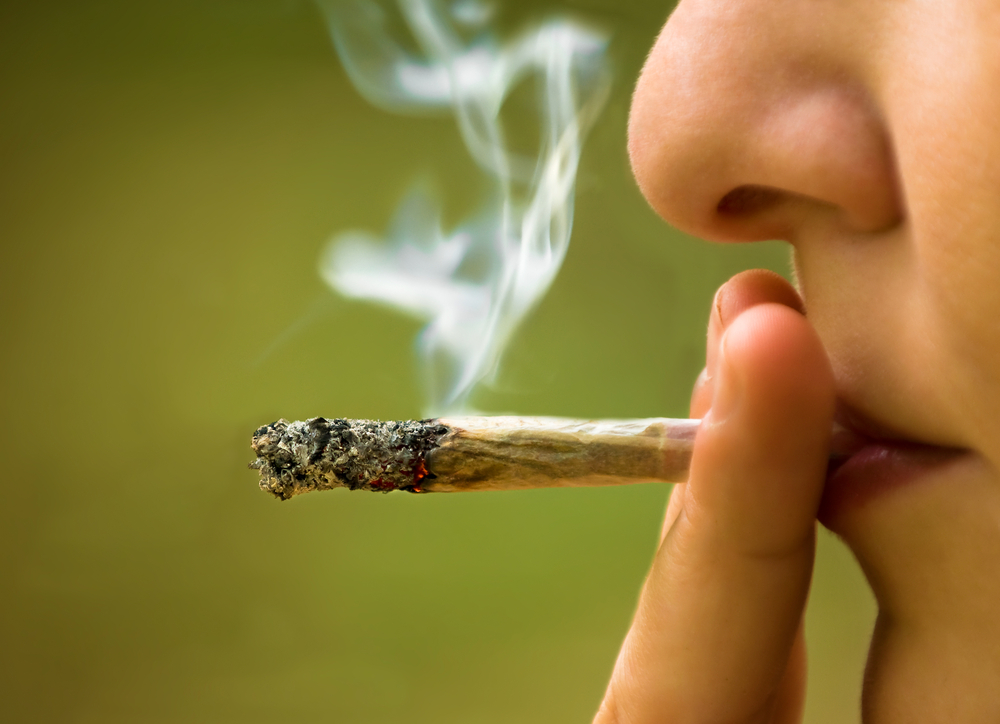
Marijuana use may not be rising as quickly as thought — more people may simply be willing to admit to it, new research suggests.
The widespread relaxation of marijuana laws in the U.S. may have reduced the stigma of smoking pot, the researchers reported today (Feb. 10) in the journal JAMA Psychiatry.
"Because use of marijuana has become more socially acceptable, people may now be more willing to disclose its use to an interviewer than they were in 2002," the researchers wrote in the study. [11 Odd Facts About Marijuana]
The new study comes on the heels of an October 2015 study, in which researchers said they found that marijuana use had more than doubled in the U.S. over the decade between 2003 and 2013, and that the percentage of people who have a "marijuana use disorder" had also skyrocketed. People are considered to have such a disorder if, for example, their marijuana use interferes with their work or family life.
However, that previous study used data from the National Epidemiologic Survey of Alcohol and Related Conditions (NESARC), a survey in which people were asked about their drug use during face-to-face interviews with researchers. Past studies of drug use had found large discrepancies between the results of the NESARC and the results of another drug-use study called the National Survey on Drug Use and Health (NSDUH), which draws its data from anonymous Internet responses.
In the new study, the researchers wanted to see if that different methodology changed the estimates of marijuana use.
They found that marijuana use increased by a modest 19 percent, according to the data from the NSDUH, with 10.5 percent of people admitting to marijuana use in 2002, compared with 12.5 percent in 2013. The total percentage of people who met the criteria for having a marijuana use disorder remained flat, but the fraction of pot users who met the criteria for a marijuana use disorder declined over the decade, the new study found.
Get the world’s most fascinating discoveries delivered straight to your inbox.
Social changes
The researchers said they suspect the discrepancy between the two surveys is largely due to changes in attitudes toward marijuana that made the participants in the 2003 NESARC survey much less likely than those in later surveys to disclose their pot use.
Other factors also point to the idea that NESARC respondents in the later surveys were more honest about their drug use, the researchers said. For example, U.S. Census workers conducted the NESARC interviews that took place between 2002 and 2003, whereas workers for a private corporation conducted the interviews in the 2012 to 2013 NESARC survey.
"It is possible that individuals are less likely to disclose illegal behaviors to government employees than to private sector interviewers," the researchers wrote.
Follow Tia Ghose on Twitterand Google+. Follow Live Science @livescience, Facebook & Google+. Original article on Live Science.

Tia is the editor-in-chief (premium) and was formerly managing editor and senior writer for Live Science. Her work has appeared in Scientific American, Wired.com, Science News and other outlets. She holds a master's degree in bioengineering from the University of Washington, a graduate certificate in science writing from UC Santa Cruz and a bachelor's degree in mechanical engineering from the University of Texas at Austin. Tia was part of a team at the Milwaukee Journal Sentinel that published the Empty Cradles series on preterm births, which won multiple awards, including the 2012 Casey Medal for Meritorious Journalism.


